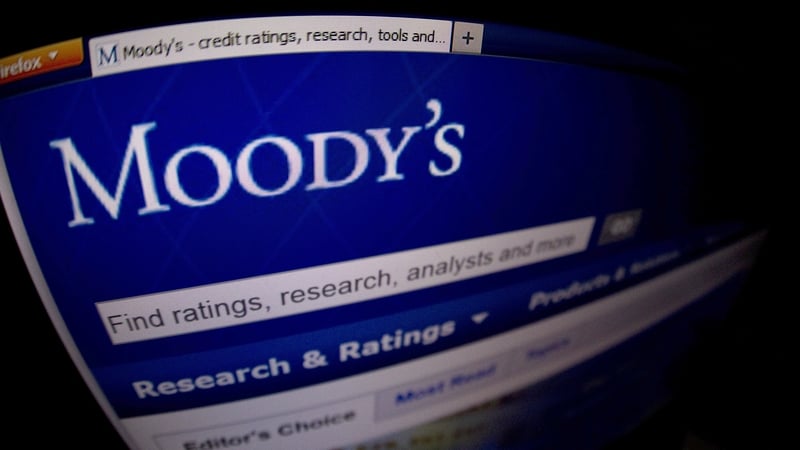Moody’s Credit Rating agency downgraded the US sovereign credit rating yesterday due to concerns about the nation’s growing $36 trillion debt pile, in a move that could complicate President Donald Trump’s efforts to cut taxes and send ripples through global markets.
Moody’s first gave the United States its pristine Tripple-A rating in 1919 and is the last of the three major credit agencies to downgrade it.
The cut by one notch to “Aa1” follows a change in 2023 in the agency’s outlook on the sovereign due to wider fiscal deficits and higher interest payments.
“Successive US administrations and Congress have failed to agree on measures to reverse the trend of large annual fiscal deficits and growing interest costs,” Moody’s said, as it changed its outlook on the US to “stable” from “negative.”
The announcement drew criticism from people close to Mr Trump.
Stephen Moore, former senior economic advisor to Mr Trump and an economist at Heritage Foundation, called the move “outrageous”.
“If a US backed government bond isn’t Triple-A asset then what is?” he said.
White House communications director Steven Cheung reacted to the downgrade via a social media post, singling out Moody’s economist, Mark Zandi, for criticism.
He called Mr Zandi a political opponent of Mr Trump.
Mr Zandi is the chief economist at Moody’s Analytics, which is a separate entity from the credit ratings agency Moody’s.
Since his return to the White House on 20 January, Mr Trump has said he would balance the budget while his Treasury Secretary Scott Bessent has repeatedly said the current administration aims to lower US government funding costs.




